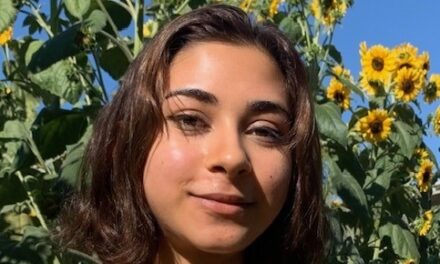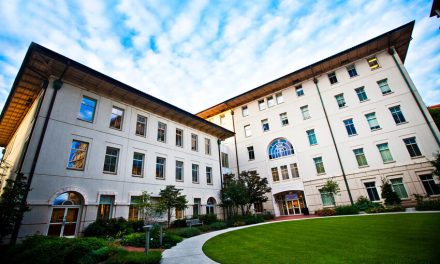
Goodrich C. White Professor of Anthropology George Armelagos died of pancreatic cancer at age 77 on May 15 in his Atlanta home, leaving behind a legacy of advancements and discoveries in his field.
The son of Greek immigrants, Armelagos grew up in Lincoln, Michigan, just outside of Detroit before graduating from the University of Michigan, Ann Arbor in 1958 and earning his Ph.D. in Anthropology from the University of Colorado Boulder in 1968, according to the Emory College Anthropology department’s website.
Before directing Emory’s undergraduate program in Anthropology from 1994 to 1997, as well as its graduate program from 1999 to 2000, Armelagos taught at the University of Colorado, the University of Utah, the University of Massachusetts and the University of Florida.
His extensive body of work, which included six books and hundreds of articles, as well as numerous studies, book chapter contributions and essays, earned him awards such as the Viking Fund Medal in 2005 and both the Franz Boas Award for Exemplary Service to Anthropology and the Charles Darwin Award for Lifetime Achievement in 2008 among others, according to the department site.
The American Anthropological Association, a national anthropology society, awarded Armelagos the Franz Boas Award after he discovered evidence of antibiotics use among sixth century Sudanese Nubians in the form of none other than ancient beer, according to a 2008 Wheel article.
Armelagos’ studies also contributed to the debate over whether Christopher Columbus and his crew were responsible for the spread of non-venereal syphilis from Europe to the New World in the late 15th century, according to the article.
Emory Anthropology professor Peggy Barlett said Armelagos displayed “such a sophisticated style of guiding and inspiring graduate discussion” and “was equally skilled at directing undergraduates in hands-on research with skeletal remains.”
“Armelagos’ enthusiasm for anthropology inspired all of us in the department,” Barlett said, adding that she was impressed with Armelagos’ teaching abilities after she co-taught the course Race in Biocultural Perspectives with the late professor.
While a private burial will take place at St. Catherine’s Island off the Georgia coast this summer, a memorial service will be held at Emory on August 29, according to the Atlanta Journal-Constitution.
Armelagos is survived by two brothers, James and Nick Armelagos.
-By Lydia O’Neal
The Emory Wheel was founded in 1919 and is currently the only independent, student-run newspaper of Emory University. The Wheel publishes weekly on Wednesdays during the academic year, except during University holidays and scheduled publication intermissions.
The Wheel is financially and editorially independent from the University. All of its content is generated by the Wheel’s more than 100 student staff members and contributing writers, and its printing costs are covered by profits from self-generated advertising sales.





